Creepy and ruthless Facebook has again impressed with its steely indifference to civic responsibility, as if a company established by a sociopath could ever be a model of human improvement. On February 18, Mark Zuckerberg’s antisocial company took aim at Australia by blocking those in that country from sharing local and international content. As the company notice to those trying to share material went: “In response to Australian government legislation, Facebook generally restricts the posting of news links and all post from news Pages in Australia. Globally, the posting and sharing of news links from Australian publications is restricted.”
As with previous thugs of mercenary trade (the Dutch East India Company and its British equivalent come to mind), Facebook is keen to make the rules it likes, and ignore those of the commonweal. It is a plundering pioneer in the world of surveillance capitalism, which has led to what Shoshana Zuboff calls an “epistemic coup” with “unprecedented computational concentrations of knowledge and power” gathered by extracting data elitists. These elitists, in turn, trash such concepts as the rule of law and democracy in the name of profits.
As she explained in her keynote speech at last year’s EU Parliament’s Science and Technology Options Assessment panel, “These corporations are not publishers, they are not distributors, they are not merely adtech providers; they are indiscriminate, radically indifferent all-you-can-eat extractors of everything forever, all for the sake of prediction that become more lucrative as they approach certainty.”
Australia’s News Media Bargaining Code is one such proposed imposition on these extractive qualities, though it does little to actually redress the central principles Facebook and Google operate under. The Code, as it stands, is a compendium of defects sold as politics rather than sound structural change. In it, the Australian government hopes not to restrict surveillance capitalism so much as redirect it.
According to the Australian Competition and Consumer Commission the Code would “address the fundamental bargaining power imbalance between Australian news media businesses and major digital platforms.” It’s all a problem of revenue: the fourth estate is dying, having lost its classified advertising base; the Australian government, unenthused by ideas of creating funding schemes or taxing Big Tech, has come to the conclusion that these giants will subsidize and ultimately regenerate old media outlets. To do so, it proposes making companies reach, through good will negotiations, bargains by which revenue can be distributed.
While making wild presumptions of what platforms such as Facebook do with the news (referrals, shares and so forth), the government will also require these Silicon Valley hulks to notify media organisations of any change in their search algorithms and abide by an arbitration mechanism. Disputes on the amount of revenue will then go to an arbitration body. Such scenes promise to be messy: media moguls hunkering down to discussions with such amoral practitioners as Facebook.
The blocking of news content on the Facebook platform precipitated a range of consequences, some of them possibly surprising to Zuckerberg and his crew. The Facebook pages of news organisations were immediately emptied of content. Australia’s ABC put it like this: “If you search for the Facebook pages of (for example) ABC News, the Sydney Morning Herald, the New York Times, and the BBC, you’ll see a blank feed saying ‘No posts yet.’”
This was not all. The draft Code has a definition of news content of some breadth, which purports to be any material that “reports, investigates, or explains issues that are relevant in engaging Australians in public debate”. When approached for comment on the issue, Facebook confirmed it has pushed its own reading to the limits, citing a lack of clarity. “As the law does not provide clear guidance on the definition of news content, we have taken a broad definition in order to respect the law as drafted.” Not that the law has been implemented, but Facebook has been quick on the draw. Snottily, the company promises to “reverse any Pages that are inadvertently impacted.”
Government pages were also caught up in the dramatic scrub, including the Australian Bureau of Meteorology, Queensland Health and an assortment of commercial and retail outlets. The blocking of content on the bureau’s site was considered particularly galling, given cases of flooding in Queensland and fire danger in Western Australia. “Warnings need to get to as wide an audience as possible as a matter of safety,” tweeted ABC weather presenter Nate Byrne. “Shocking.”
Smaller community news outlets, trade unions, homeless charities, and various local controlled health services were also enveloped in the information clean. Indigenous communities have been particularly bruised. According to the National Indigenous Times, “Indigenous health and media groups fear Facebook’s pushback will have a dangerous impact on regional and remote communities during [the] wet season and the COVID-19 epidemic, with concerns communities will not have access to vital updates on flood warnings or the rollout of COVID-19 vaccinations.”
The National Aboriginal and Torres Strait Islander Legal Services saw the issue of blocking content on its site as a matter of rights, restricting an invaluable means of connecting with the community. “This is a human rights issue, silencing the voices of Aboriginal & Torres Strait Islander people, our representative peak bodies.”
In going for the Australian throat, Facebook has resorted to a different approach from that other giant of amoral propensities, Google. Google has repeatedly threatened to withdraw its search engine from Australia for similar grievances against the draft Code. But the company has been aggressively negotiating and buttering up Australian media outlets for its News Showcase. The Australian government sees this as a triumph, a strange interpretation given the positively pyrrhic nature of any such outcomes. Google can well argue to have come out better in the deal, its business model left intact.
The time has come to reconsider the very operating rationale of such companies in an effort to address their singular monopoly position. Solutions are not merely to be found in government regulation and antitrust approaches. The very allegiance shown to such platforms by their captive users will have to change. The time has come to save the human project from surveillance capitalism.
This post was originally published on Radio Free.


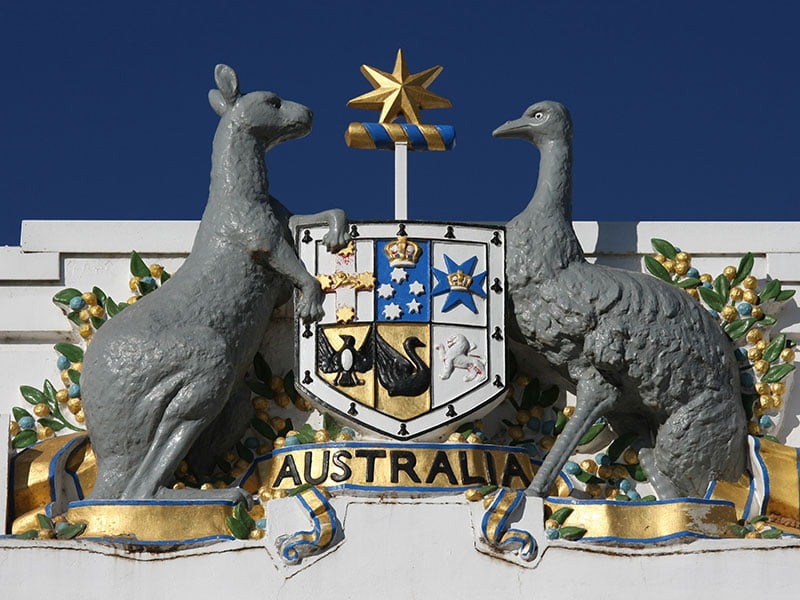
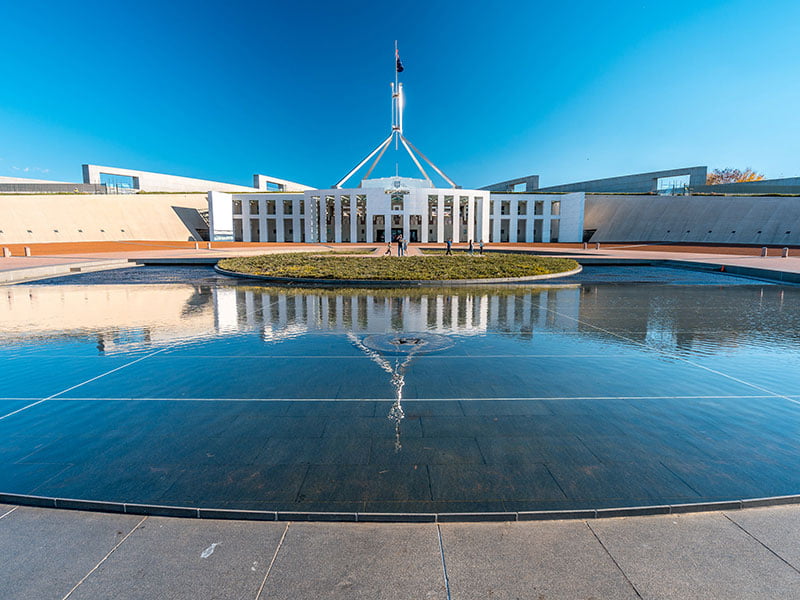
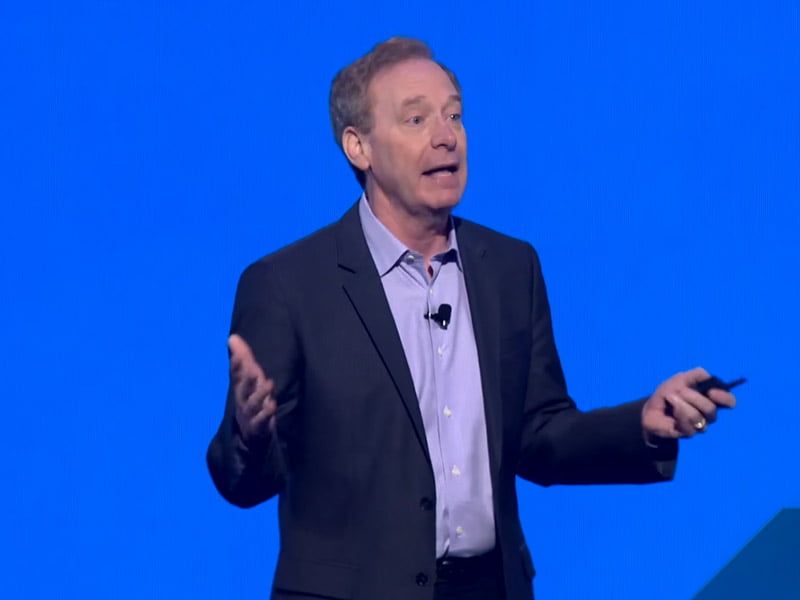
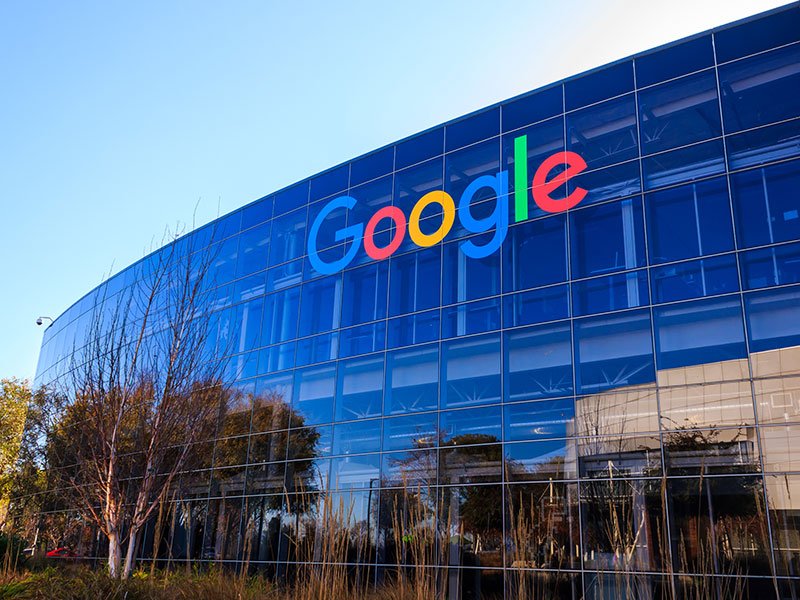
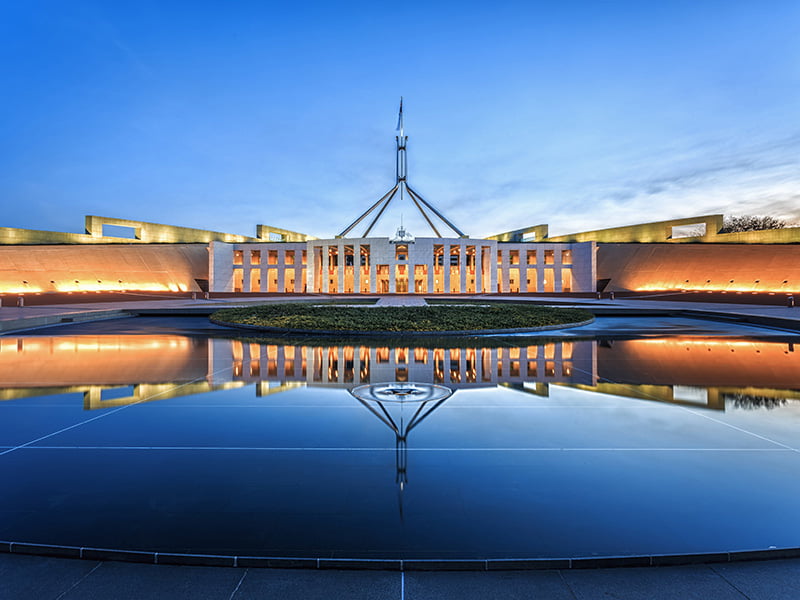
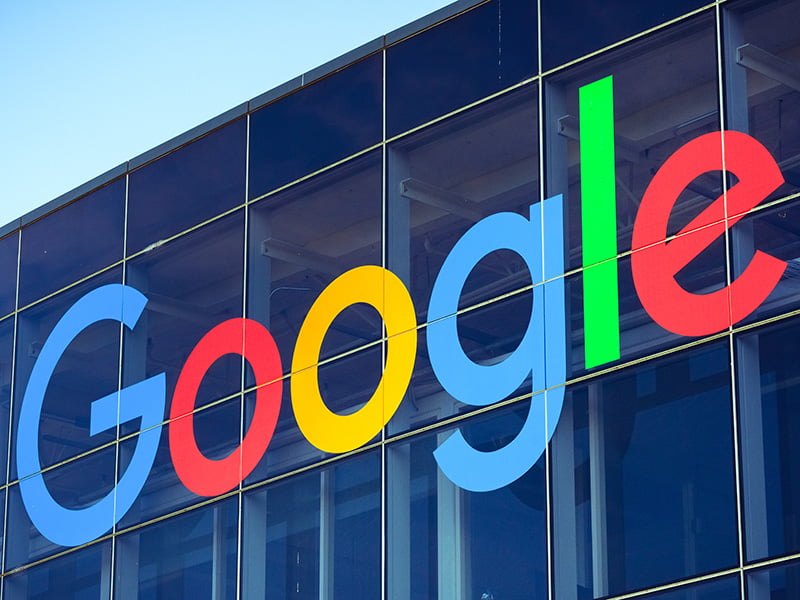



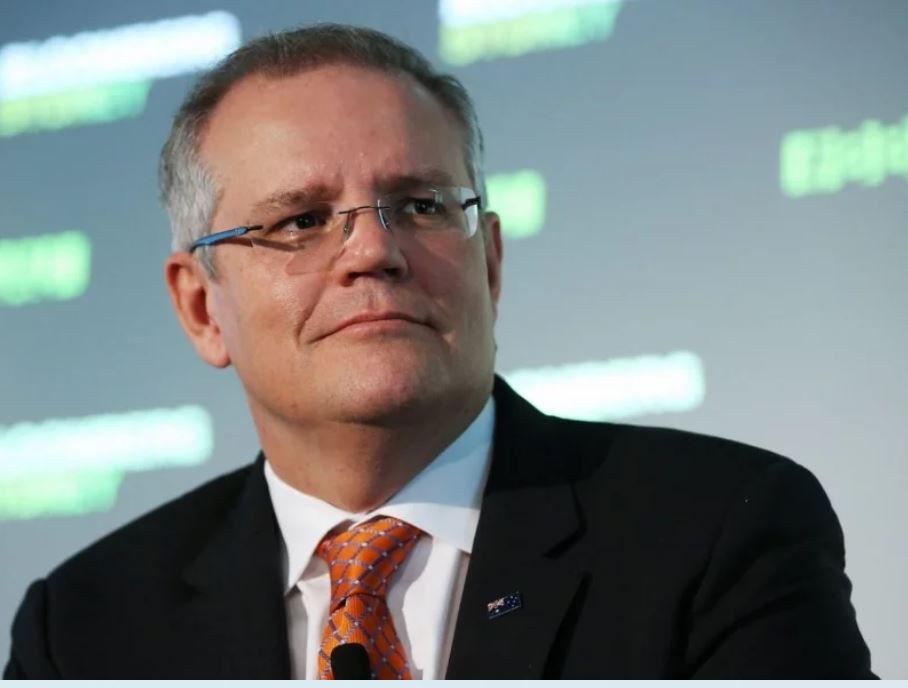
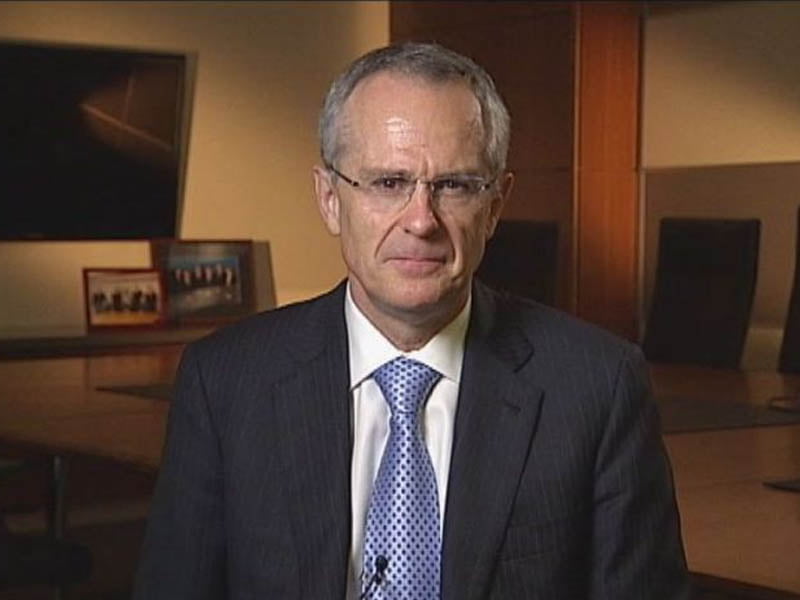
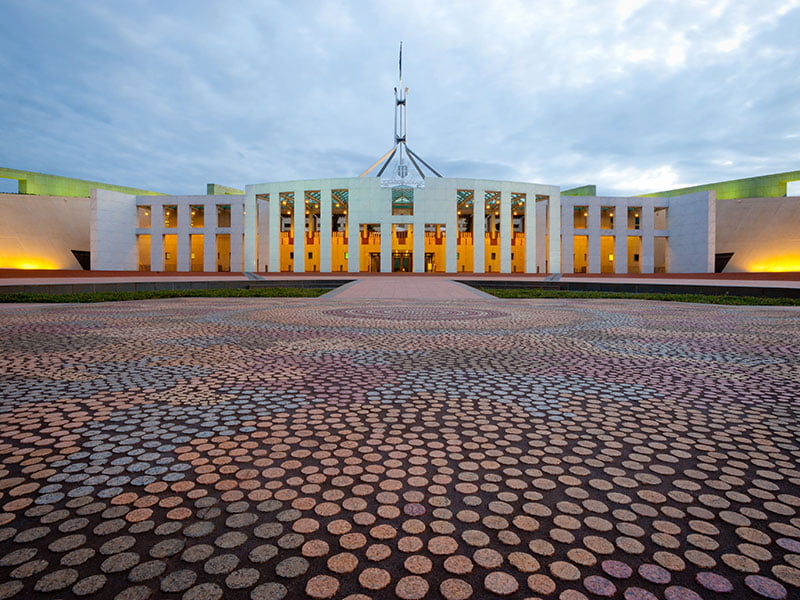
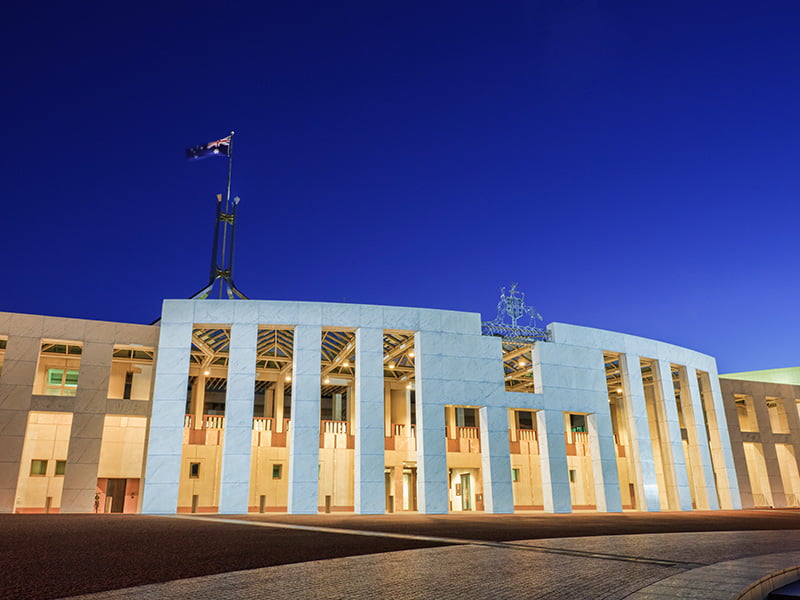
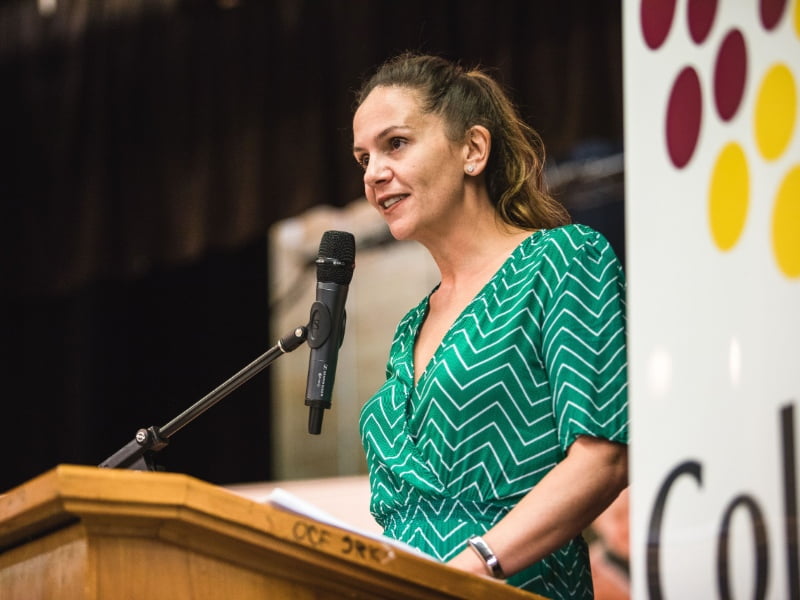
 Also on the show: Congressional hearings supposedly aimed at addressing concerns around the power of Big Tech have not been the best venue for those concerns (the fact that many congresspeople couldn’t be bothered to learn how to say Google CEO’s Sundar Pichai’s name being the merest indication). The wheels of accountability are slowly turning in tech companies’ direction: An antitrust lawsuit against Google, our guest says, won’t address every important concern, but could usher in some scrutiny on companies that have been given a pass for too long. We’ll talk with Mitch Stoltz, senior staff attorney at the
Also on the show: Congressional hearings supposedly aimed at addressing concerns around the power of Big Tech have not been the best venue for those concerns (the fact that many congresspeople couldn’t be bothered to learn how to say Google CEO’s Sundar Pichai’s name being the merest indication). The wheels of accountability are slowly turning in tech companies’ direction: An antitrust lawsuit against Google, our guest says, won’t address every important concern, but could usher in some scrutiny on companies that have been given a pass for too long. We’ll talk with Mitch Stoltz, senior staff attorney at the 